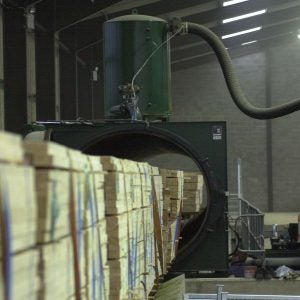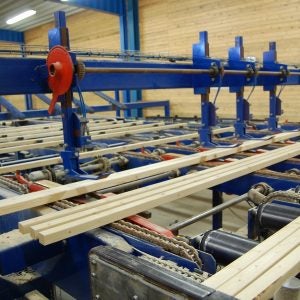Stora Enso’s offering consists of Fibrease and Papira. Both foams come with versatile technical and sustainability properties, and customers can select a suitable foam based on their specific packaging requirements. The foams can be used for protecting fragile goods and are optimal for thermal packaging of temperature sensitive products.
Fibrease is commercially available now, while the pilot plant for producing Papira has started operations at the Fors site in Sweden, following the investment announced in August 2020.
Fossil-based packaging is a major contributor to pollution, accounting for 40% of the world’s plastics. Today fossil-based materials, such as plastic wrap or polystyrene foams, are widely used as cushioning and insulating materials in packaging. With Fibrease and Papira, Stora Enso is introducing renewable and climate-friendly alternatives to fossil-based packaging protection. The bio-based foams come from certified wood and are recyclable in paper recycling streams.
“Consumers of today are pushing to minimise the use of plastic and maximise recyclability,” said Markus Mannström, EVP Biomaterials at Stora Enso. “At the same time, the need for packaging protection is increasing due to growing demands in e-commerce and cold-chain logistics. With our bio-based foams we help customers create eco-friendly and circular packaging solutions, while also meeting material performance needs to protect and insulate the goods,”.
Stora Enso’s new pilot plant aims to evaluate and validate Papira as a packaging foam in customer tests. Stora Enso’s Fors site in Sweden, where the Papira pilot facility is located, produces lightweight paperboards for consumer packaging.






